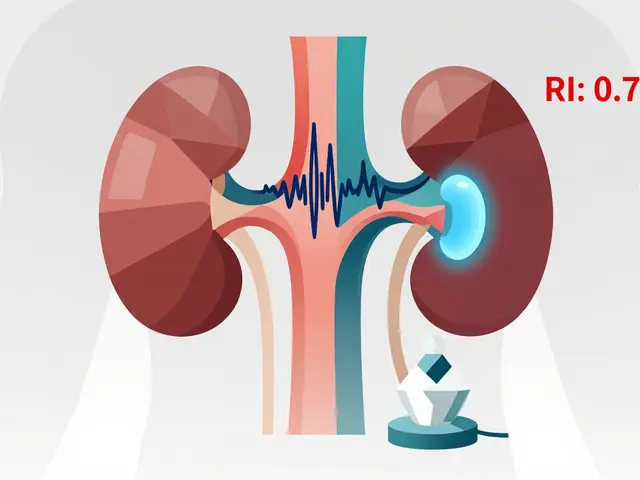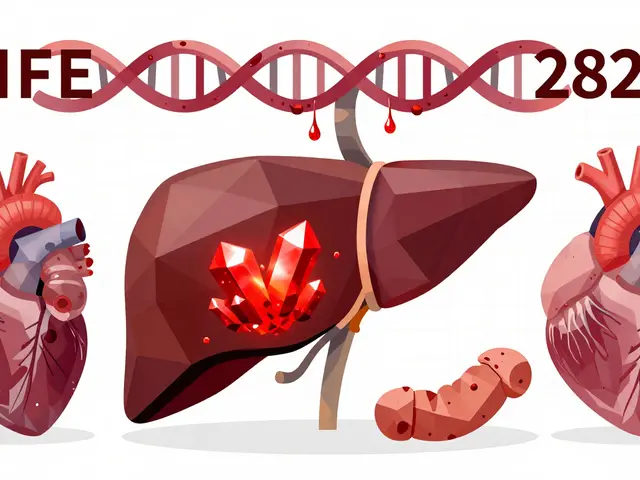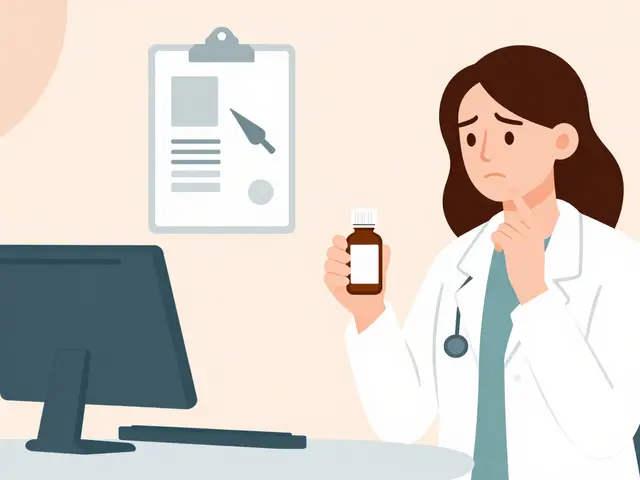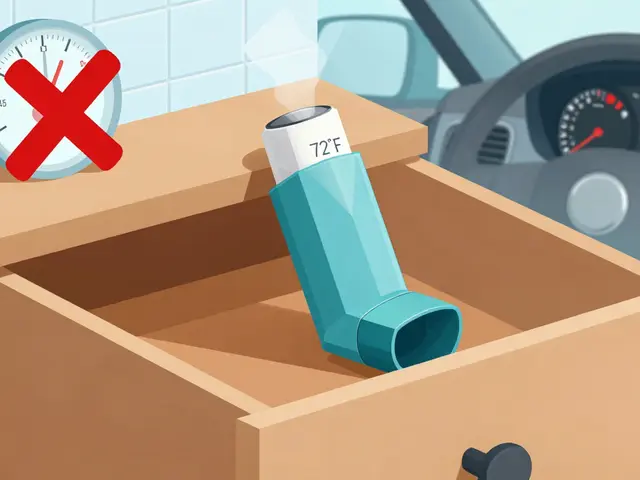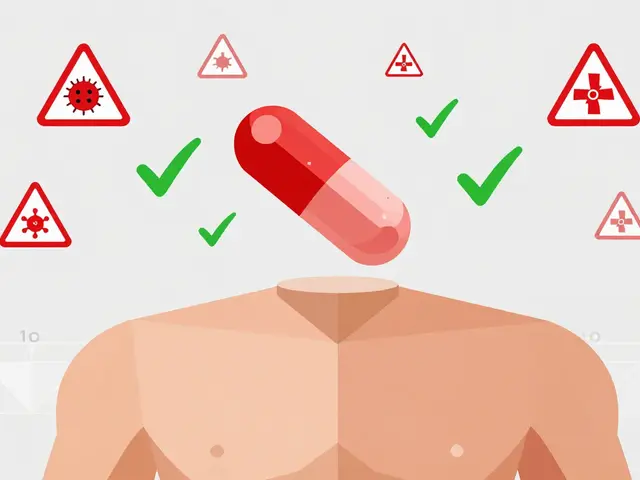Alternatives to Cialis: What Works and How to Choose
If Cialis (tadalafil) isn't right for you, there are clear options that can work just as well. Choices fall into two groups: other prescription drugs and non-drug approaches. Which one fits depends on how fast you need results, how long you want them to last, and what side effects you can tolerate.
Prescription drug alternatives
Sildenafil (Viagra) and vardenafil (Levitra) are the most common substitutes. They usually act faster than Cialis and wear off earlier — good if you want a shorter window of effect. Avanafil (Stendra) starts working quicker for many men and causes fewer headaches for some. All these drugs are PDE5 inhibitors and work similarly, so talk with your doctor about dose options and how other medicines you take might interact. If oral pills are not possible, there are other medical options: penile injections (alprostadil) give a reliable erection within minutes, and a urethral suppository (MUSE) is another local option. These methods are more invasive but can help when pills fail.
Non-drug alternatives & practical tips
Mechanical devices like vacuum erection devices work without drugs and have few systemic side effects. A pump creates blood flow to the penis, and a ring keeps the erection during sex. Counseling or sex therapy helps when anxiety, stress, or relationship issues are part of the problem. Low testosterone can cause erectile problems too — if tests show low levels, hormone therapy may help under a doctor's care. Lifestyle changes matter: stopping smoking, losing weight, strengthening pelvic floor muscles, and improving sleep often improve erections over time.
People ask about herbal remedies and supplements. Be cautious. Supplements like ginseng or L-arginine have mixed results and are not regulated the way medicines are. Some products on the market contain hidden prescription drugs, which is risky. Always tell your doctor about any supplement you try.
Safety note: don’t use PDE5 inhibitors with nitrates (nitroglycerin) or certain heart medications — that can cause dangerous drops in blood pressure. Side effects across options may include headache, flushing, nasal congestion, back pain, or local discomfort with injections and pumps. Costs and availability vary: Cialis has a long-acting profile that many prefer, but generic options for sildenafil and tadalafil are cheaper and widely available.
How to choose: start by talking with your doctor about your health, other medications, and what you want from treatment. If you need fast onset, ask about sildenafil or avanafil. If pills didn’t work, consider injections or a pump. If anxiety is the main issue, counseling can be more effective than switching drugs. Keep expectations realistic—many people get better results by combining medical treatment with lifestyle changes and counseling.
Where to start: make a short list of symptoms, medical history, and current meds before your visit. Ask about trying a low dose first, possible drug interactions, and cost-saving generics. If you buy online, use verified pharmacies and keep records. Track results for a few weeks and report side effects to your clinician promptly, honestly.
If Cialis isn’t right for you, there’s a bunch of other options for treating erectile dysfunction. This article lays out six well-known medical alternatives, breaks down how each one works, and lines up their pros and cons so you can see the differences for yourself. The choices cover both pills and non-pill treatments, making it simple to compare what’ll work for your lifestyle. Everything’s explained in plain language, with zero fluff, so you can talk confidently with your doctor about what fits you best. Check out the comparison table at the end for a straight-up view of your options.
Continue reading...


